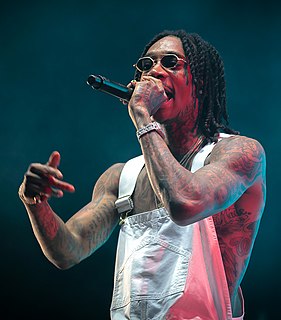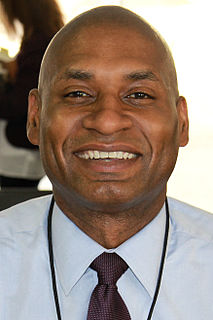A Quote by Criss Jami
I find it a challenge to cooperate in a society where it's considered moral to critique a résumé yet immoral to critique morality.
Related Quotes
The Marxist critique is only a critique of capital, a critique coming from the heart of the middle and petit bourgeois classes, for which Marxism has served for a century as a latent ideology.... The Marxist seeks a good use of economy. Marxism is therefore only a limited petit bourgeois critique, one more step in the banalization of life toward the "good use" of the social!
The novel as a form is usually seen to be moral if its readers consider freedom, individuality, democracy, privacy, social connection, tolerance and hope to be morally good, but it is not considered moral if the highest values of a society are adherence to rules and traditional mores, the maintenance of hierarchical relationships, and absolute ideas of right and wrong. Any society based on the latter will find novels inherently immoral and subversive.
But we need more than a broader understanding of what is a good society or a moral and political critique of the existing market fundamentalism engulfing American society, we also need to create new forms of solidarity, new and broad based social movements that move beyond the isolated and fractured politics of the current historical moment.
Of course, there are also faculty who are discouraged from speaking critically about social issues because of the increasing assumption in American society that any form of critique which calls official power into question is somehow un-American. This absurd attempt to define any critique of official power as unpatriotic has a chilling effect on faculty, especially when such views and the names of the people to whom they are ascribed are widely disseminated in right-wing and dominant media outlets.
America is not static. America is striving. And sometimes, America requires critique. Jingoism is an avoidance of realism. You can simultaneously love and be disappointed in the object of your love, wanting it to be better than it is. In fact, that is a measure of love. Honest critique is a pillar of patriotism.
The only way to make a criticism of something is to really participate in it. I'm a completely capitalist person. I participate in commodity culture and the fashion world. High art is a money-making vehicle. We're not making art in a vacuum. We're not shopping in the woods. These are all things that we do within the larger system of capitalism. For me to critique it, I'm also participating in it. That's obvious, I feel. In my work, I participate in the things that I critique. I satirize the things that I love and know well and find problematic.





































